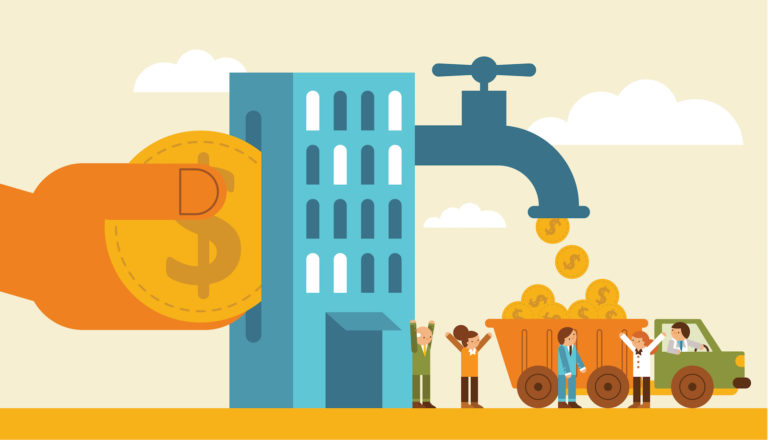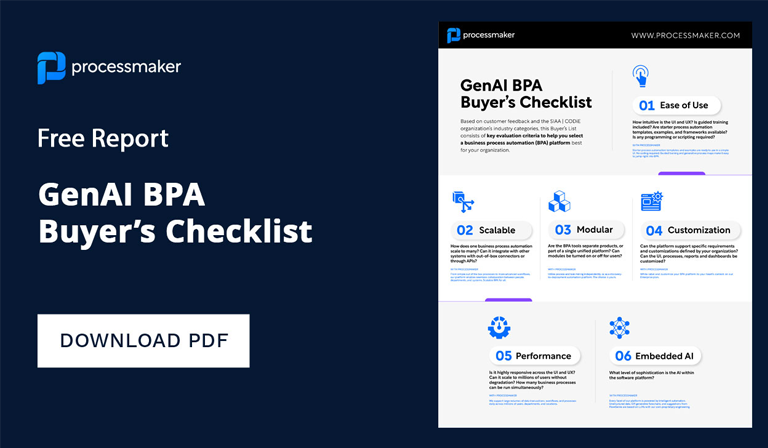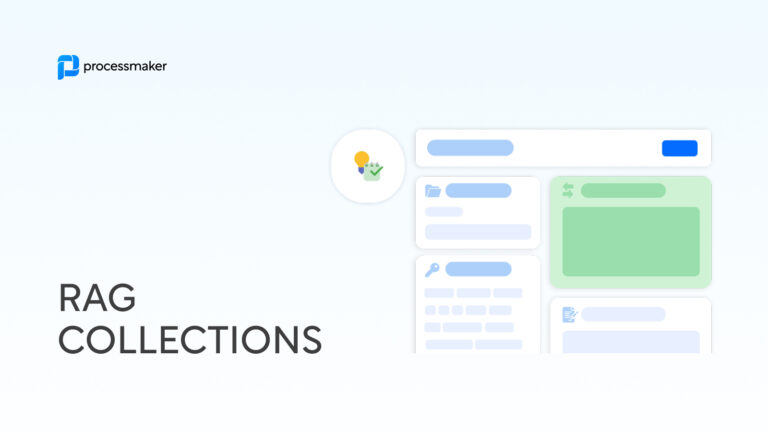The application of big data, new algorithms, and cloud computing is creating new platform economies. These new platform economies are already altering how we work – as well as the structure of the global economy.
The Birth of Platform Economies
Companies have been busy for years creating online structures that enable a wide range of human activities. The emergence of powerful information technology and the recent migration of IT to the cloud have created conditions ripe for the birth of platform economies. Modern digital platforms are multi-faceted frameworks that manage the terms on which participants, both human and machine, interact.
In their article, “The Rise of the Platform Economy,” Kenny and Zysman explain that these emerging platform economies have begun to pave a path toward radical changes in how we work, socialize, create value and compete in the global economy. Google and Facebook are digital platforms that provide search and social media functions. Airbnb, VRBO, Uber, and Lyft are other examples of online platforms that are disrupting the travel sector. Likewise, Amazon is a digital marketplace with infrastructure and tools that allow others to build on top of and monetize them.
Changing the Game
At their core, platform economies monetize human effort as well as consumer assets. Lyft and Uber’s transportation platforms are disrupting transportation by allowing virtually anybody with a vehicle an opportunity to make money. These platforms generally charge less than traditional taxis for the same transportation. The platform transfers savings to riders, and also provides income to drivers who want to generate income. This new economic model is changing our thinking about what constitutes a “side hustle” or job. This emerging model also challenges existing regulations or in some cases, the lack thereof.
While the term platform economy is fairly new, this model is reminiscent of the “putting-out” economies that existed in the U.S. prior to the industrial revolution. In those times, companies would ship materials directly to their customers at their homes. Contrasting with today, platform owners act as a digital service intermediary.
It’s clear that we are already embracing digital platforms and that our economies are re-organizing. While the effects aren’t fully settled, it’s obvious that the social, political and business implications of digital platforms will persist for years to come.
For more information on this topic, visit: https://issues.org/the-rise-of-the-platform-economy/





